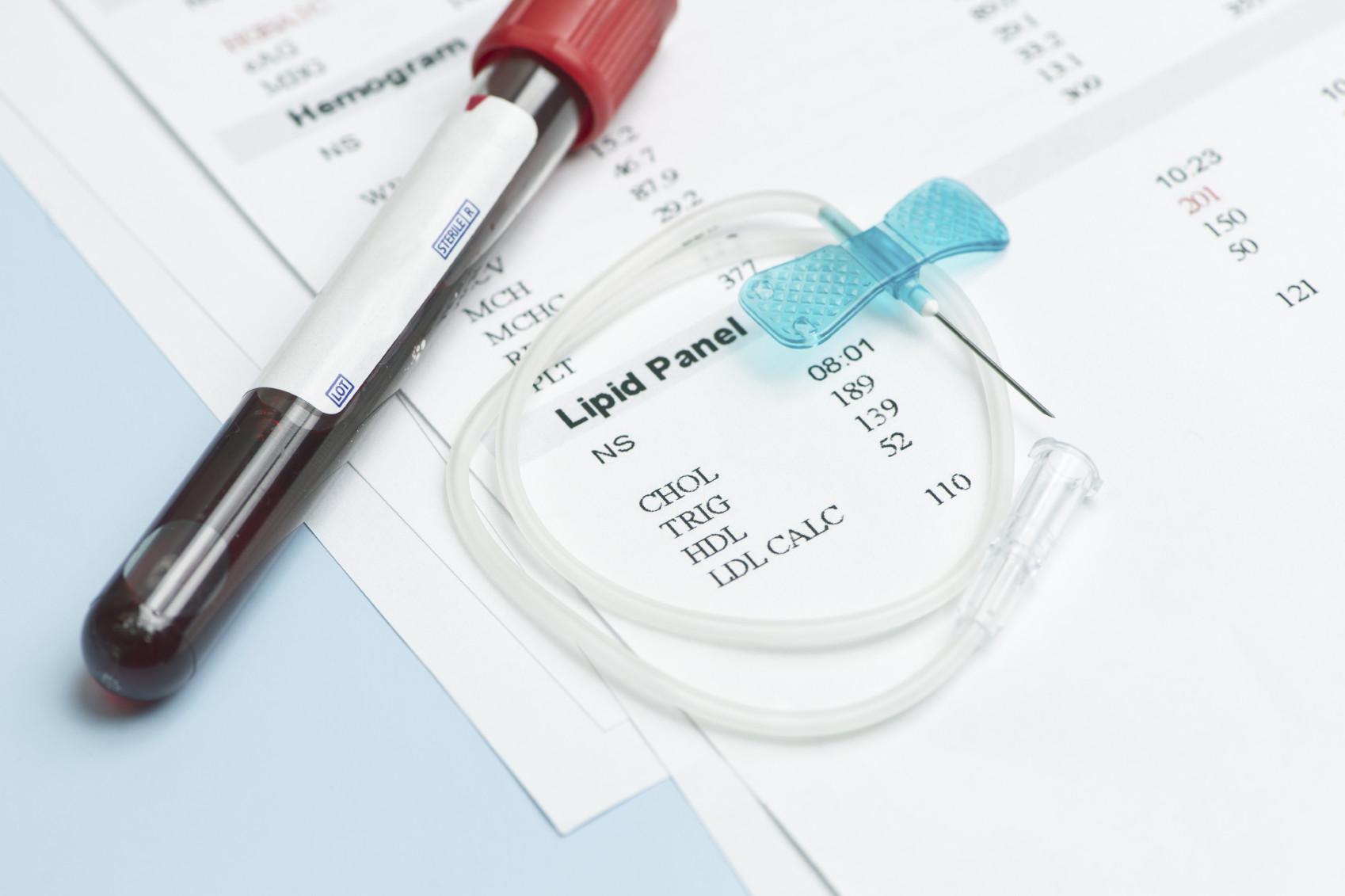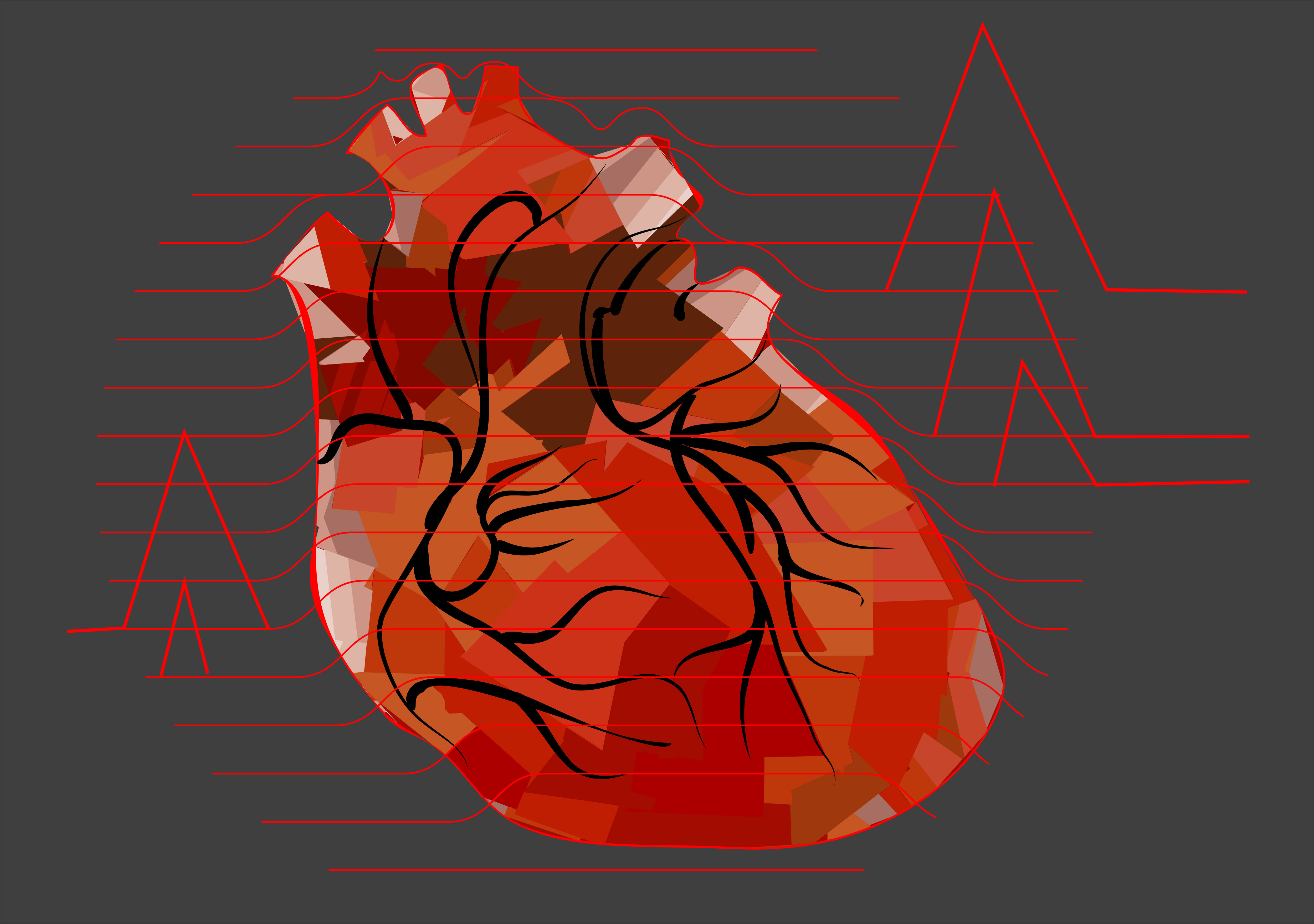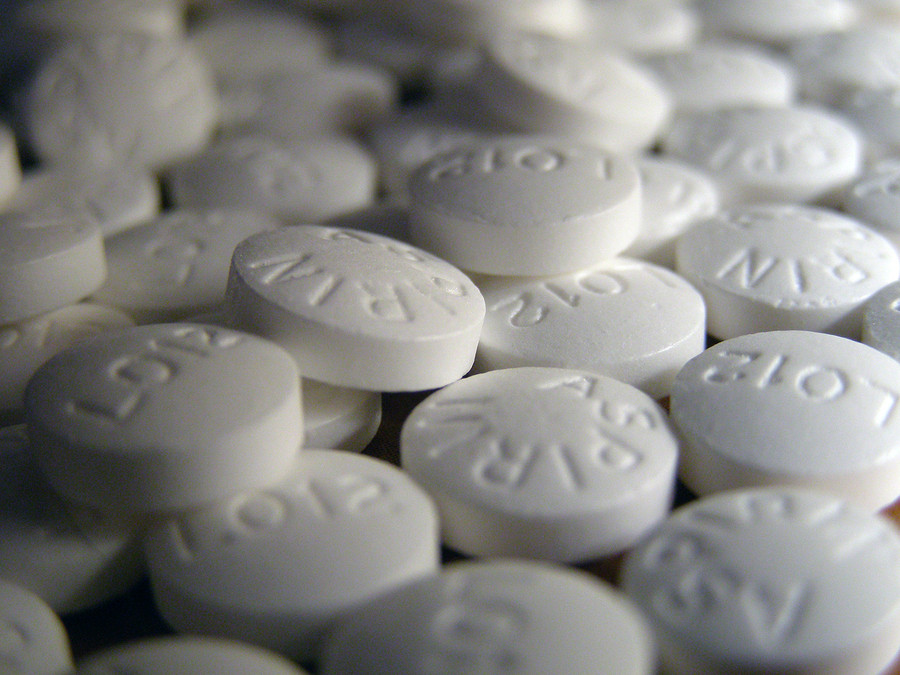
How does prostate cancer treatment affect mental health?

5 timeless habits for better health

What are the symptoms of prostate cancer?

Is your breakfast cereal healthy?

When pain signals an emergency: Symptoms you should never ignore

Does exercise give you energy?

Acupuncture for pain relief: How it works and what to expect

How to avoid jet lag: Tips for staying alert when you travel

Biofeedback therapy: How it works and how it can help relieve pain

Best vitamins and minerals for energy
Heart Health Archive
Articles
Your resting heart rate can reflect your current — and future — health
How many times your heart beats per minute when you’re resting — also known as your resting heart rate (RHR) — can provide important clues to your current overall health and even predict possible future health problems.
Prompt attention to “ministrokes” may reduce risk of subsequent stroke
Getting immediate attention for symptoms of a transient ischemic attack can minimize the risk of a subsequent stroke.
Silent heart attacks: Much more common than we thought in both men and women
We typically think of heart attacks as sudden, chest-clutching agony. But the reality is that nearly half of all heart attacks have no symptoms at all and go completely unnoticed by the people experiencing them — and, alarmingly, these “clinically silent” heart attacks are nearly identical to more overt heart attacks in terms of the damage they cause and the risk to a person’s future health.
Thyroid disorders and heart conditions: What’s the connection?
Watch for an irregular heartbeat and cardiovascular disease.
Thyroid disorders are often overlooked as potential causes of heart problems, but there is a well-established link.
Image: AlexRaths/Thinkstock
The thyroid is a butterfly-shaped gland in your neck. It produces hormones—thyroxine (T4) and triiodothyronine (T3)—that tell your cells if they need to speed up or slow down. But if the thyroid gland is overactive or underactive, the result is a number of consequences and symptoms, sometimes involving the heart. "The connection to the heart is well established, but thyroid problems are often overlooked as the cause," says Dr. Giuseppe Barbesino, an endocrinologist at Harvard-affiliated Massachusetts General Hospital.
What to do about a high blood pressure diagnosis
A high blood pressure diagnosis can come as a shock due to a lack of symptoms, but the condition is manageable. Dr. Naomi Fisher explains what to do after you are diagnosed.
Cardiac rehab: Even better with stress reduction
Cardiac rehabilitation—a supervised program to help people recover after a heart attack or heart surgery—may be more helpful if it includes stress reduction training, according to a study published online March 21 in the journal Circulation.
Researchers compared three groups of heart patients: people who did cardiac rehab for 12 weeks, those who did cardiac rehab plus stress reduction, and those who chose not to participate in cardiac rehab. The stress reduction group engaged in weekly, 1.5 hour-long sessions that included small group discussions and training in stress reduction, coping skills, and relaxation techniques.

How does prostate cancer treatment affect mental health?

5 timeless habits for better health

What are the symptoms of prostate cancer?

Is your breakfast cereal healthy?

When pain signals an emergency: Symptoms you should never ignore

Does exercise give you energy?

Acupuncture for pain relief: How it works and what to expect

How to avoid jet lag: Tips for staying alert when you travel

Biofeedback therapy: How it works and how it can help relieve pain

Best vitamins and minerals for energy
Free Healthbeat Signup
Get the latest in health news delivered to your inbox!
Sign Up









